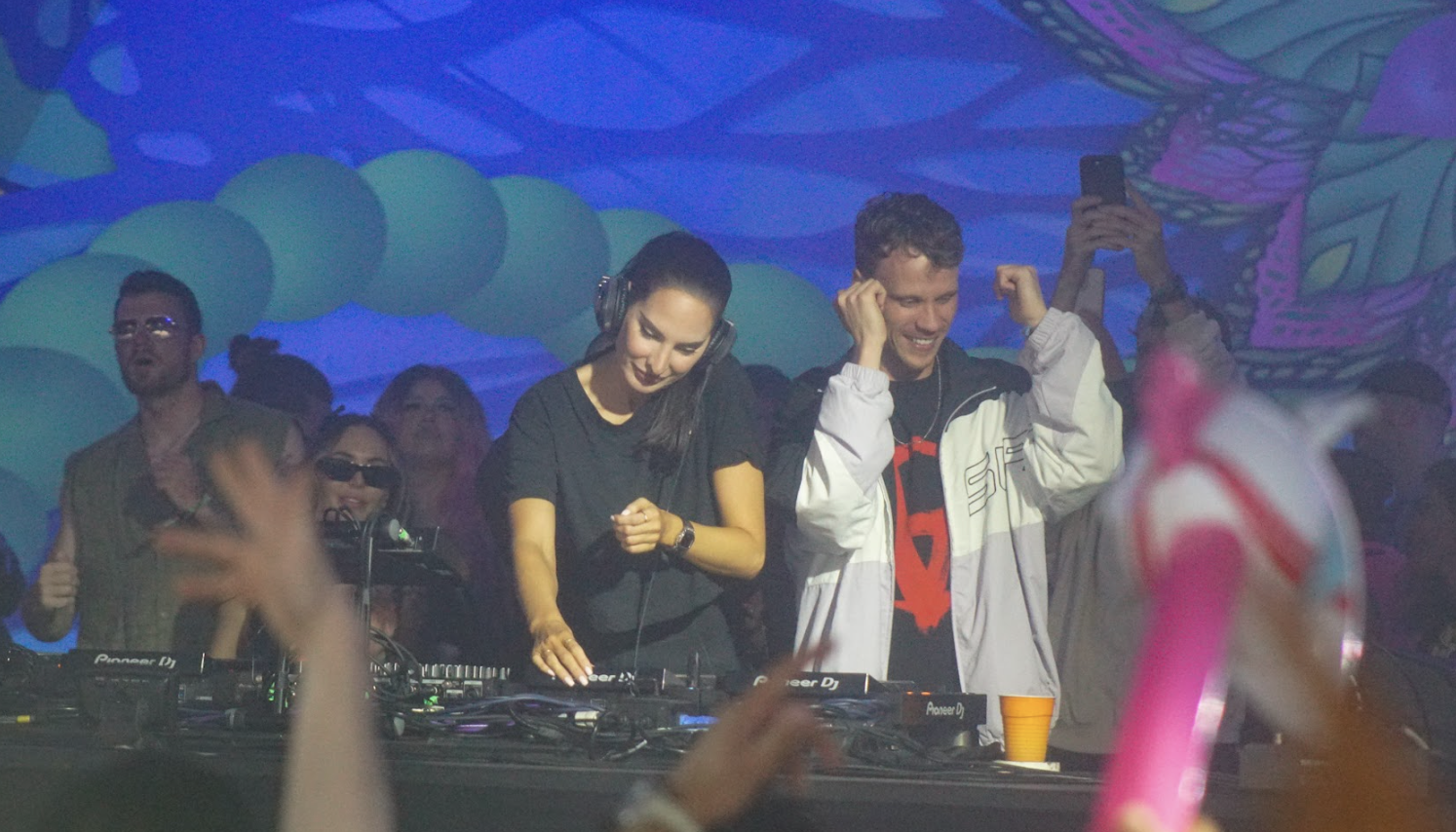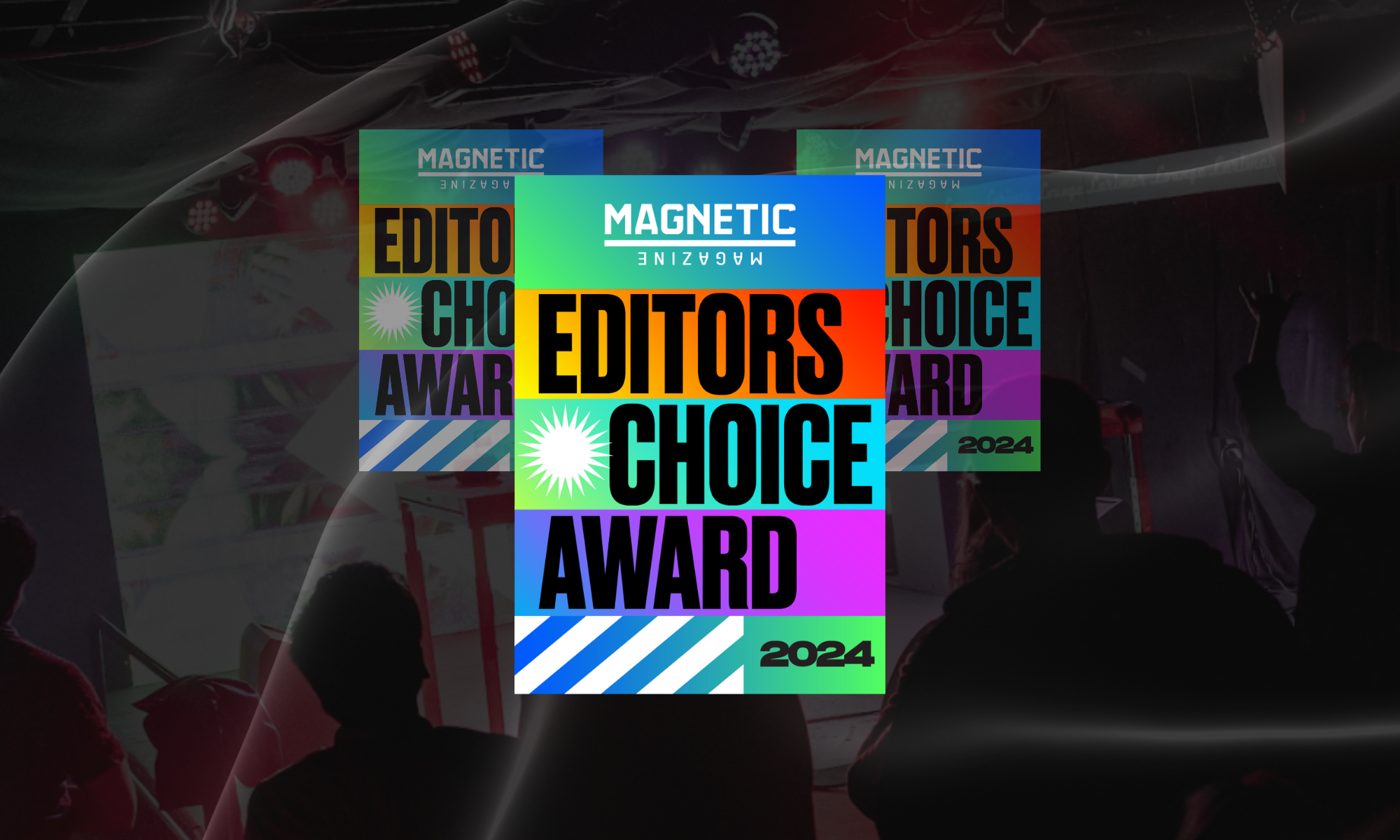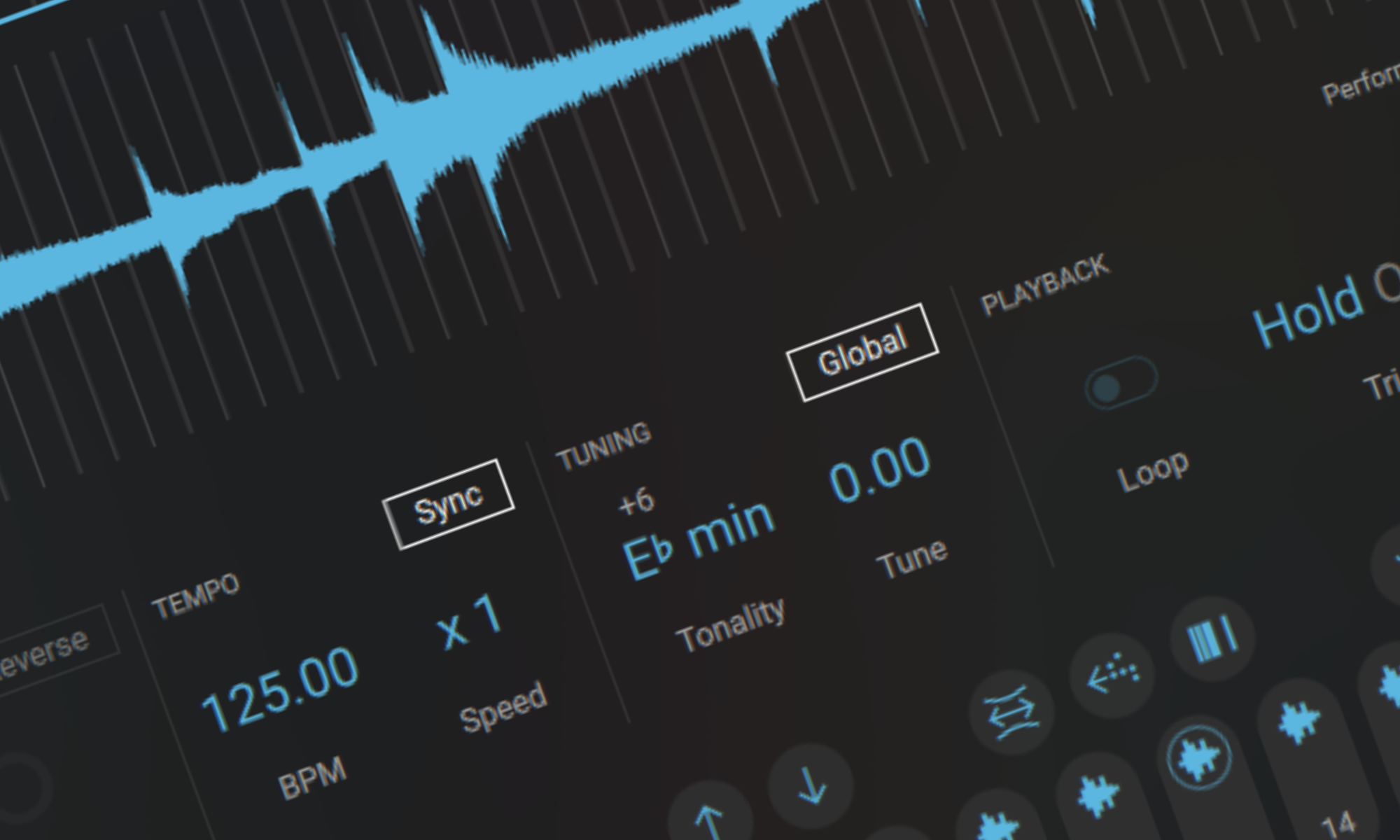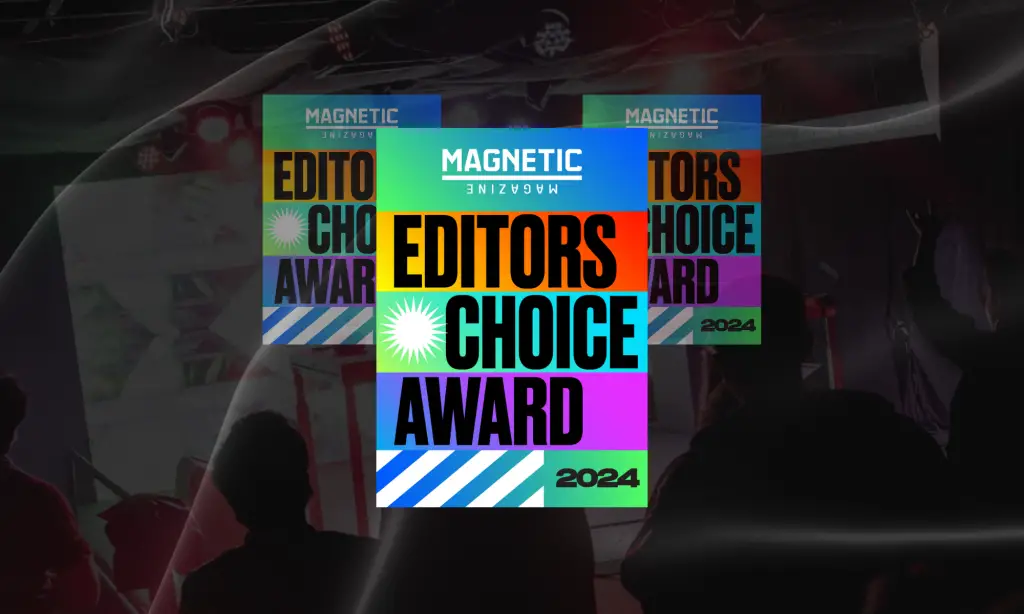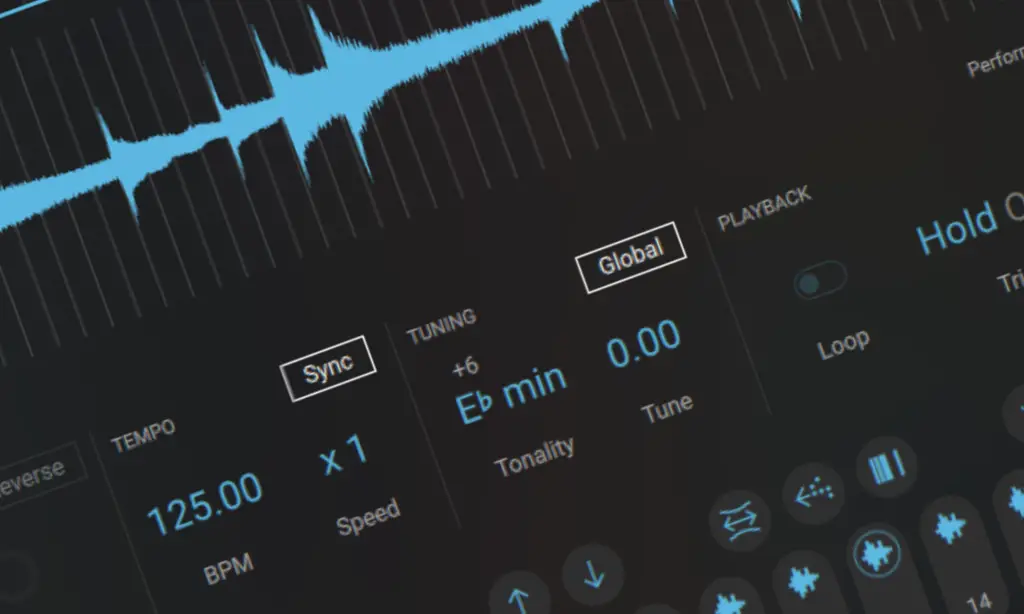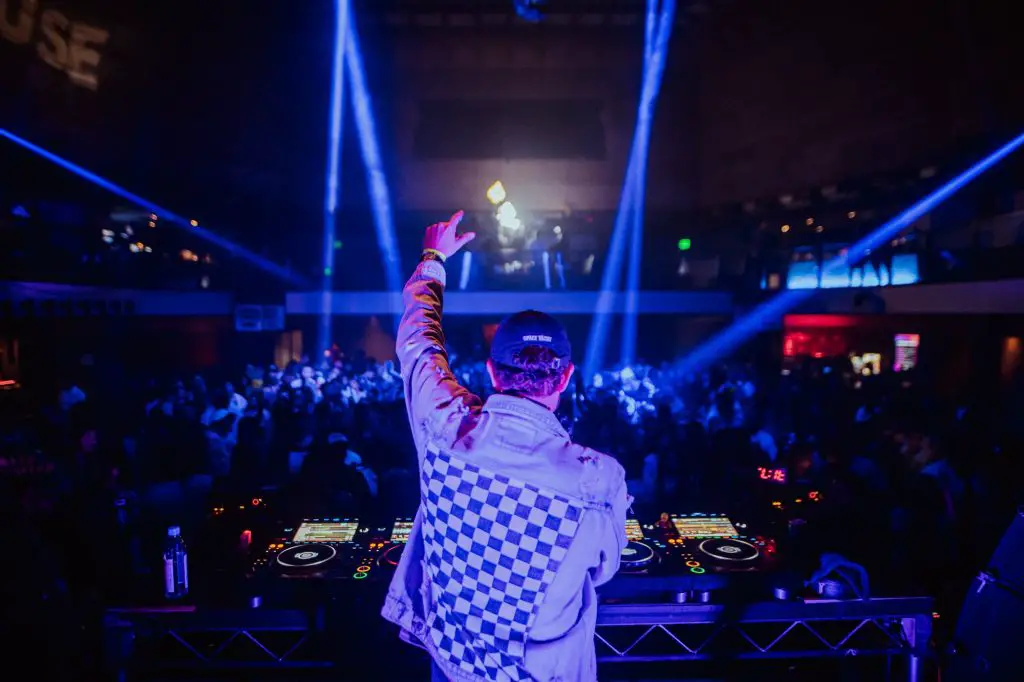Table of Contents
The music industry isn’t easy.
If you’ve been at it for a while, you already know that rejection is as common as compression on a vocal track. Whether you’re just starting out or have been producing for years, there’s one thing that remains constant: no matter how good you are, you will face rejection. Every producer knows that feeling—the email that never arrives, the opportunity that seemed like a sure shot but slipped through your fingers, or the track that was supposed to make waves but barely makes a ripple. It’s frustrating, and it can easily make you feel like giving up. But here’s the truth: the greatest names in music have faced the exact same setbacks.
Rejection is part of the game, and it’s not a reflection of your talent or potential. Hell, it’s hardly a rejection of where you’re currently at as a creative individual, regardless of the creative industry you’re working in. The key is how you deal with it. Whether you find yourself endlessly tweaking unfinished records or doubting if you’ll ever make your mark, remember that creativity itself is the end game—not just the industry’s validation. It’s an important mindset shift, and one that might seem a little corny, but it was one of the biggest A-Ha moments for me in my journey and one that helped keep me sustain my motivation over the decade it took to get where I am today.
Universal Rejection in Creative Fields
Rejection is as universal to creatives. It’s everywhere, and it hits everyone.
Think about it: even J.K. Rowling got rejected before Harry Potter became a cultural phenomenon, and Steven Spielberg got denied from film school—twice. The Beatles were famously rejected by Decca Records because, according to the execs, “guitar groups are on the way out.” Imagine being the guy who said that to The Beatles… The point is, rejection is not a measure of your potential or worth—it’s a rite of passage.
It’s easy to think that rejection means you’re just not good enough.
But the reality is that rejection in creative fields is more about timing, fit, and often luck. When I started out, I remember sending track after track to labels that I was convinced would love my sound, only to receive radio silence. It wasn’t until I started shifting my focus to just creating—making music that I genuinely enjoyed—that things began to fall into place.
Oddly enough, it was when my son was born, and I was hit with this wave of anxiety where I was worried that I wouldn’t have the time anymore to check all the boxes that we’re told producers need to do these days. It was when I said “F*** It” and accepted the fact that I would prioritize my family and stop putting the pressure on myself in the studio and just have fun that I ended up signing for more music in a single year than ever before. Sure, it was only four singles in a year, but those four singles, to date, have netted close to 400k streams for me, which isn’t bad at all because I was worried I wouldn’t have any time to make music at all with the new responsibilities of fatherhood placed on my shoulders.
I learned that rejection isn’t the end of the road; it’s just part of navigating the music industry. Every artist, from bedroom producers to Grammy winners, faces it.
Continuous Creation
One of the best ways to deal with rejection is to keep creating. You might think, “Why keep making tracks if no one’s listening?” But the act of making music isn’t about waiting for the world’s approval—it’s about feeding your passion. Look at filmmakers like Martin Scorsese: he never stops creating. Even after a project is shut down or a film doesn’t perform as expected, he moves on to the next one.
That’s the mentality we need to adopt as producers. It’s more about the creative lifestyle than the created product.
When you keep creating, each rejection carries less weight cause you know that you have more in the queue and in the hopper that’s actively being made. Instead of putting all your hopes into one track or one project, you spread your creative energy across multiple ideas. If one track doesn’t land, you’ve got five more cooking. I’ve found that the best way to keep the creativity flowing is to establish a routine that’s independent of the industry’s feedback. Set aside time every day to work on something new—even if it’s just 30 minutes. Treat it like a gym session for your mind and your skills. By consistently creating, you not only sharpen your craft but also reduce the impact of any single rejection.
Detaching from Outcome
It’s easy to get caught up in wanting your music to “make it” or be recognized. But the reality is that the outcome is often beyond our control. What we can control, though, is the process—the time we spend in the studio, the energy we pour into our craft. Learning to find satisfaction in the process itself is the key to maintaining your passion.
Take artists like Bon Iver. Justin Vernon retreated to a cabin and recorded For Emma, Forever Ago without expecting it to become a massive success. He did it because he needed to create—for himself. The love for making music, for experimenting with sounds, is where the magic happens. If you can focus on creating because you love it, rather than for some external reward, you’ll find the journey much more rewarding.
Setting intrinsic goals can help you shift your focus away from outcomes that are out of your hands. Instead of aiming for “X number of streams” or “signing with X label,” try setting goals like “finishing a track every week” or “learning a new production technique.” Regardless of industry gatekeepers, you can achieve these goals, and they’ll keep you growing as an artist.
Finding Your Community
The journey of a music producer can be a solitary one.
Hours spent in front of a DAW can sometimes make you feel like you’re in an echo chamber, especially when things aren’t going your way. This is why community is so crucial. Surrounding yourself with like-minded individuals who understand the creative struggle can make all the difference. Community minimizes the sting of rejection and amplifies the joy of small wins.
Think of artists who thrived because they found their people. Take the collective scenes in cities like Berlin or Detroit, where techno flourished not because of one individual but because of the community around it. When you find a group of people who understand your challenges and your aspirations, you gain a support system that pushes you forward. They’ll be there to give you honest feedback, celebrate your wins, and help you push through the rejections.
If you haven’t found your community yet, start small. Look for online forums, local producer meetups, or even just one or two people whose work you admire. Networking doesn’t have to be this big, intimidating thing. It can start with a simple comment on someone’s track, a DM to a fellow artist, or attending local events where other producers hang out. The goal is to connect with those who will lift you up and keep you moving forward.
It also doesn’t need to necessarily be other music producers.
Most creative industries are grinds and hustles that parallel what producers are going through and oftentimes being homies with a painter, photographer, fashion designer or whoever can spark different conversation and shed new light on common roadbumps you likely are facing. It’s more about the energy that these types of communities bring to your life and the social outlets that they provide. Not every connection you make along your journey needs to be made under the assumption that THAT is the connection that will get you your first placement or big break in music.
Wrapping It All Up
Rejection is an inevitable part of the music journey, but it doesn’t have to define you. The key to maintaining passion and creativity is learning to dance with rejection, using it to fuel your work rather than letting it stifle your progress. The greatest artists all faced setbacks, but they kept creating—not because they were promised success, but because they loved the process.
So here’s my challenge to you: create something today. Not because you need it to be perfect, not because you need anyone else to approve of it, but because you love making music. Whether it’s a full track, a new sound design experiment, or just a simple beat, create it for the joy of creating. Rejection will come, but as long as you keep moving, so will growth, and eventually, success.
Will Vance is a professional music producer who has been involved in the industry for the better part of a decade and has been the managing editor at Magnetic Magazine since mid-2022. In that time period, he has published thousands of articles on music production, industry think pieces and educational articles about the music industry. Over the last decade as a professional music producer, Will Vance has also ran multiple successful and highly respected record labels in the industry, including Where The Heart Is Records as well as having launched a new label with a focus on community through Magnetic Magazine. When not running these labels or producing his own music, Vance is likely writing for other top industry sites like Waves or the Hyperbits Masterclass or working on his upcoming book on mindfulness in music production. On the rare chance he's not thinking about music production, he's probably running a game of Dungeons and Dragons with his friends which he has been the dungeon master for for many years.
